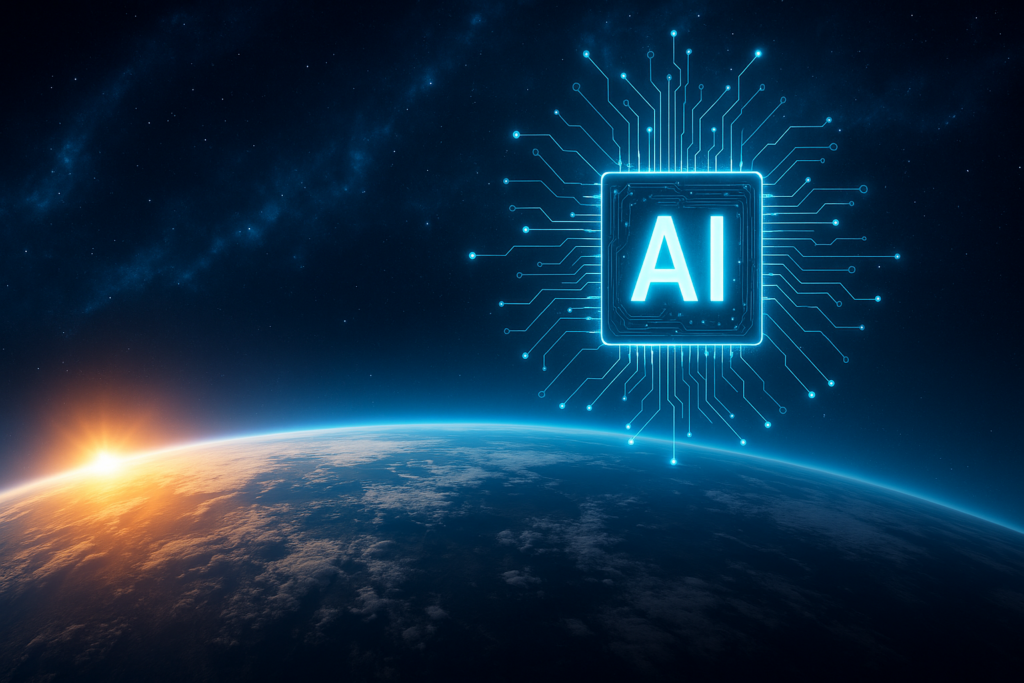Artificial intelligence is reshaping nearly every corner of the workplace. From forecasting to documentation to customer insights, AI tools are now woven into daily workflows. Leadership and coaching are no exception. New platforms promise automated feedback, performance nudges, and data driven suggestions that support managers in developing their people.
These tools are valuable. They streamline tasks, surface patterns, and bring consistency to parts of the coaching process that were once uneven or unclear. But there is an assumption quietly forming beneath the surface of this technological wave. Many organizations believe AI can replace the core coaching responsibilities of their managers. The belief is that software will fill in the gaps where leaders struggle, removing the emotional and interpersonal complexity that coaching requires.
But coaching is not an information problem. It is a human problem. And while AI can support coaching, it cannot carry the emotional, relational, and neurological weight that real development requires.
Why AI Helps, but Only to a Point
AI excels at structure. It analyzes data, organizes information, and highlights trends with remarkable speed. It can tell managers where a performance issue might exist, which behaviors are inconsistent, or where a team member might be falling behind. In many ways, AI can act as the first level of awareness, clearing the noise so leaders can see what matters.
It can also help managers prepare for coaching conversations by surfacing insights, suggesting questions, or offering frameworks. These are real advantages, especially for new or inexperienced managers.
But coaching is not simply about information. It is about interpretation. It is about understanding the internal state of another person. It is about reading emotion, noticing tension, uncovering unspoken obstacles, and creating an environment where someone feels safe enough to grow. No algorithm can replicate the emotional context required for this.
The Human Brain Responds to Human Signals
The effectiveness of coaching is rooted in neuroscience, not in the mechanics of feedback. People change behavior when they feel psychologically safe, when they trust their manager, and when their brain perceives the coaching conversation as supportive rather than threatening.
This response is activated by human cues that AI cannot deliver.
The brain responds to:
tone and pacing
empathy and curiosity
emotional presence
facial expression and micro expression
authentic acknowledgment of challenges
the sense that another person is invested in their growth
These signals calm the amygdala, create openness, and allow the prefrontal cortex to engage. In this state, the person being coached can explore new ideas, hear constructive feedback, and reflect on their own behavior without the instinct to defend or retreat.
AI can provide the content of coaching, but only humans can provide the conditions where coaching works.
Where AI Tools Fall Short Without Human Leaders
There are several areas where AI consistently fails to replicate the impact of a meaningful coaching relationship.
1. Emotional nuance
AI cannot sense frustration, fatigue, embarrassment, or resistance. It cannot understand the emotional landscape that shapes performance.
2. Real time adjustment
Human conversations shift constantly. A manager can change direction, pause, slow down, or lean in based on subtle cues that AI does not detect.
3. Psychological safety
Safety is created through human connection. It is a pattern of relational signals that AI cannot authentically reproduce.
4. Trust
Employees trust people, not platforms. AI can support the conversation, but it cannot build the relationship.
5. Personal meaning
Coaching often uncovers the deeper motivations behind behavior. Machines cannot explore identity, purpose, or lived experience with the authenticity needed to create growth.
AI Makes Coaching Better, Not Smaller
The real opportunity is not to replace human coaching, but to elevate it. AI can free managers from administrative clutter so they can show up more present and prepared. It can highlight blind spots, reduce bias, and give leaders clearer data to work with.
But the work of coaching still belongs to leaders. Their presence still matters. Their emotional intelligence still matters. Their ability to see someone clearly and communicate without judgment still matters.
AI is a tool. Coaching is a relationship. Tools support relationships, but they never replace them.
The Future of Coaching Is Human and Augmented
As technology accelerates, organizations that thrive will be the ones that use AI to strengthen human capability, not substitute for it. Coaching will become more informed, more consistent, and more data aware. But the core of coaching will remain deeply human. The ability to connect, to listen, to reflect, and to challenge with empathy is not something software can perform.
In the age of AI, the leaders who excel will be those who use technology intelligently but anchor their coaching in emotional intelligence, presence, and trust. The more digital the workplace becomes, the more essential the human element will be.





